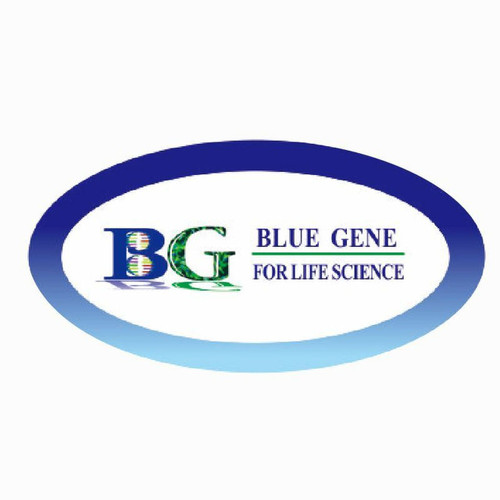Product Description
Rabbit Prostaglandin G/H synthase 2 (PTGS2) ELISA Kit | AE25207RB | Abebio
Species Reactivity: Rabbit (Oryctolagus cuniculus)
Abbreviation: PTGS2
Alternative Name: COX-2; COX2; GRIPGHS; PGG/HS; PGHS-2; PHS-2; hCox-2; cyclooxygenase 2b|prostaglandin G/H synthase and cyclooxygenase|prostaglandin-endoperoxide synthase 2
Application: ELISA
Range: Request Information
Sensitivity: Request Information
Intra-Assay: ≤4.2%
Inter-Assay: ≤9.8%
Recovery: 0, 98
Sample Type: Serum, Plasma, Other biological fluids
Detection Method: Sandwich
Analysis Method : Quantitive
Test Principale: This assay employs a two-site sandwich ELISA to quantitate PTGS2 in samples. An antibody specific for PTGS2 has been pre-coated onto a microplate. Standards and samples are pipetted into the wells and anyPTGS2 present is bound by the immobilized antibody. After removing any unbound substances, a biotin-conjugated antibody specific for PTGS2 is added to the wells. After washing, Streptavidin conjugated Horseradish Peroxidase (HRP) is added to the wells. Following a wash to remove any unbound avidin-enzyme reagent, a substrate solution is added to the wells and color develops in proportion to the amount of PTGS2 bound in the initial step. The color development is stopped and the intensity of the color is measured.
Product Overview: Cyclooxygenase (COX) enzymes catalyze the synthesis of prostaglandins (PGs) from arachidonic acid. There are two isoforms of COX, COX-1 and COX-2. While COX-1 is expressed constitutively and appears to be responsible for the production of prostaglandins (PGs) that control normal physiologic functions, expression of COX-2 is induced by various inflammatory and mitogenic stimuli such as cytokines, growth factors or tumor promoters. Numerous experimental studies suggest a relationship between COX-2 expression and carcinogenesis. For example, increased amounts of COX-2 have been observed in breast cancers that overexpress HER-2/neu. Furthermore, treatment with selective inhibitors of COX-2 reduced the formation of tongue, esophagal, intestinal, breast, skin, lung, and bladder tumors in experimental animals.
Stability: The stability of ELISA kit is determined by the loss rate of activity. The loss rate of this kit is less than 5% within the expiration date under appropriate storage condition. The loss rate was determined by accelerated thermal degradation test. Keep the kit at 37°C for 4 and 7 days, and compare O.D.values of the kit kept at 37°C with that of at recommended temperature. (referring from China Biological Products Standard, which was calculated by the Arrhenius equation. For ELISA kit, 4 days storage at 37°C can be considered as 6 months at 2 - 8°C, which means 7 days at 37°C equaling 12 months at 2 - 8°C) .
 Euro
Euro
 USD
USD
 British Pound
British Pound
 NULL
NULL








